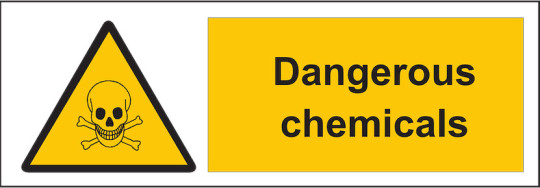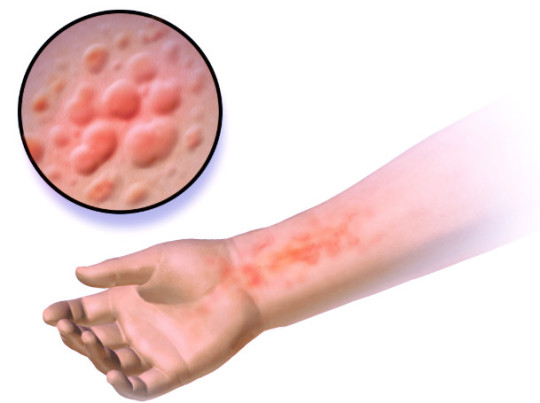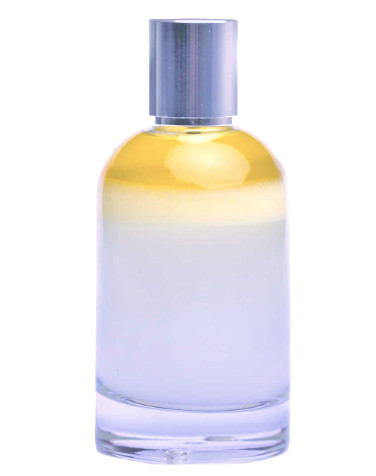Video
#stemcellserum #serumstemcell. NEEDS #solventfree our formulas are made by experts in the #collagen synthesis of #stemcells (at Los Angeles, California) https://www.instagram.com/p/BztlApNAKQI/?igshid=1vti8e7hbtcx7
0 notes
Video
#stemcellserum #serumstemcell NEEDS #solventfree and that's what Cologne 🐶 is about (at Los Angeles, California) https://www.instagram.com/p/BztThC-gqlx/?igshid=1w0r13b31q6ox
0 notes
Video
youtube
Stem Cell Perfume for Skin Care that's also Vegan. Available online at https://cologne.dog.
#skincare#stemcellserum#skinhealth#fragrance#perfume#health & fitness#naturalbeauty#beauty#organicbeauty
0 notes
Text
The Dangers of Solvents
Solvents, also known as VCCs (volatile chemical compounds), are widely used in most skin care and fragrance products. Millions of people are exposed to solvents every day from skin care and fragrance products. Solvents and the vapors they emit pose both short and long-term hazards for people exposed to them.

"New research shows that continued solvent exposure causes permanent effects on the brain” says Terry O’Sullivan, General President of the Laborers’ Health and Safety Fund of North America. Short-term exposure to solvents is known to cause lack of coordination, dizziness, headaches, nausea, stomach pains, skin rashes, cracking or bleeding skin and irritation to the eyes, nose and respiratory system. Continued exposure to solvents can also cause blindness, harm the liver and kidneys, increase risk for irregular heartbeats and affect the nervous system. A study in the medical journal Neurology found that people who were consistently exposed to solvents during their lifetime had significantly higher levels of brain impairment [1].
Most importantly, solvents are known carcinogens with regulated disposal and handling. Yet, they’re a daily part of the life for millions upon millions of people looking to treat their skin or smell good.

According to the National Institutes of Health “many consumer products contain solvents” [2]. So here we will briefly go over what are solvents, and what you can do to improve your protection against their exposure.
WHAT ARE VOLATILE CHEMICAL COMPOUNDS, COMMONLY KNOWN AS SOLVENTS?
Solvents are liquids or gases that can dissolve or extract other substances. They are primarily used to mix oil and water layers in to a single liquid layer, in other words to dissolve oil in water.

HOW CAN I GET EXPOSED TO SOLVENTS?
Solvent exposure occurs primarily through ingestion, inhalation, and skin contact.
Especially in skin care and fragrance products, the product is applied to the body, inhaled, and can be easily accidentally ingested. When this occurs over and over again it becomes significant exposure.
WHAT ARE THE EFFECTS OF SOLVENTS?
According to the NIH, short-term exposure to solvents can cause headaches, dizziness, nausea, vomitting, difficulty breathing, irritation of the eyes, irritation of the nose, irritation of the throat, light-headedness, memory loss, unconsciousness, seizures, skin burns, skin irritation, and skin rashes [3]. It’s important to keep in mind that fragrance products almost always contain solvent concentrations of approximately 50%, and that similar concentrations are routinely used in skin care products. Together, these account for exposure to high levels of solvents that can lead to these symptoms.

ARE SOLVENTS REALLY CARCINOGENIC?
Check out one study on propanediol, a commonly used solvent in skin serums [4]. Animals exposed to this solvent were found to have developed cancer. Here it is in the authors own words, abridged for your readability:
In the studies exposure was associated with neoplastic effects in the skin, mammary gland, Zymbal's gland, oral cavity, esophagus, forestomach, small and large intestines, mesothelium, urinary bladder, lung, thyroid gland, hematopoietic system, and seminal vesicle. Nonneoplastic effects in the kidney, lung, thyroid gland, seminal vesicle, pancreas, urinary bladder, and forestomach were also observed.
Neoplastic effects are another way of saying cancer. In no uncertain terms, this solvent was found associated to the development of many types of cancers that were absent in untreated animals. The conclusion? It’s cancerous, and it’s been known for decades upon decades, that solvents are dangerous and cancerous chemical agents.
WHAT CAN YOU DO TO AVOID SOLVENTS?
It may not be currently so easy to find solvent-free products, and in some instances solvents are the only way to go currently. More and more though, people are turning to non-solvent based solutions. This started to happen during the past decade when the use of more safe alternatives such as baking soda and vinegar to replace household solvent based cleaners and degreasers made their way in to the public dialog.
We have now entered a new era, specifically in the areas of skin care and fragrances where a company now exists that is dedicated to eliminating the use of solvents in their products. Our company is Cologne.Dog (https://cologne.dog) and we use essential oils with natural healing properties that also emit a strong and natural aroma. The smell is of pure essential oils that are not wasted, damaged, or denatured by solvents. Solvents are usually pungent and odorous substances themselves, and they are responsible for changing the aroma of essential oils once they are mixed with them.

In the absence of solvents, the natural smell of the essential oils are preserved, and the damage to essential oils by solvents is also removed. This same principle is also true for added nutrients such as vitamins and antioxidants and others. Therefore, when you avoid solvents in your skin care and fragrance products, there are a whole host of other benefits that come along with it for free. Since solvents damage the benefits of natural substances, their absence removes those damages, and keeps the benefits available for their effect on the skin, body, and elsewhere. Aromas become therapy, nutrients are more effective, and importantly, you avoid your exposure to cancerous agents that have been the status quo for far too long.
https://n.neurology.org/content/82/19/1716.short?sid=3124a737-55dd-4e52-b5fb-a05fc9024488
https://toxtown.nlm.nih.gov/chemicals-and-contaminants/solvents#who-is-at-risk-for-exposure-to--solvents
https://toxtown.nlm.nih.gov/chemicals-and-contaminants/solvents#what-happens-when-i-am-exposed-to-solvents
https://www.ncbi.nlm.nih.gov/pubmed/12594523
1 note
·
View note